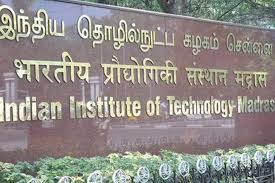
India has been growing “pretty robustly”, World Bank President Jim Yong Kim has said as he predicted a strong global growth this year.
Speaking at the Bloomberg Global Business Forum meeting here on Wednesday, Kim also called for more cooperation among the multilateral system, private sector and the governments to take advantage of the current win-win situation.
“That dormant capital will earn a higher return, where developing countries will have access to much more capital for the infrastructure needs, even for investing in health and education, investing in resilience to climate change and other factors,” Kim said.
He said Japan, Europe and the US along with India were growing and there was a levelling-out in developing countries.
“A country like India is growing, has been growing pretty robustly. We think, Japan is growing. Europe is growing in a much more healthy way. The United States continues to grow. There is a levelling-out in developing countries,” he said, adding that the growth will be more robust this year.
In June, the World Bank predicted a 7.2 per cent growth rate for India this year against 6.8 per cent growth in 2016. India remains the fastest growing major economy in the world, the World Bank officials had said.
“It used to be that commodity importers were doing much better than commodity exporters. But that’s levelling out. So the growth is relatively more evenly distributed,” Kim said.
He said in terms of indebtedness, the bank was watching very carefully the debt-to-GDP ratios of every single country.
“In Africa, the debt-to-GDP ratios are still very manageable…We would not be moving toward providing more financing for countries if we thought there was a real problem with over indebtedness in the countries. Because we follow this very closely, along with the IMF,” he said.
“We think that there are tremendous opportunities for investment. But sometimes, purely based on perception, investors in sovereign wealth funds – I’ve heard them say, Africa is risky. Right, as if Africa was a single country.
Africa’s not a single country and the risk profiles from country to country have enormous differences,” he said.
Source: Economic Times




